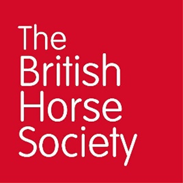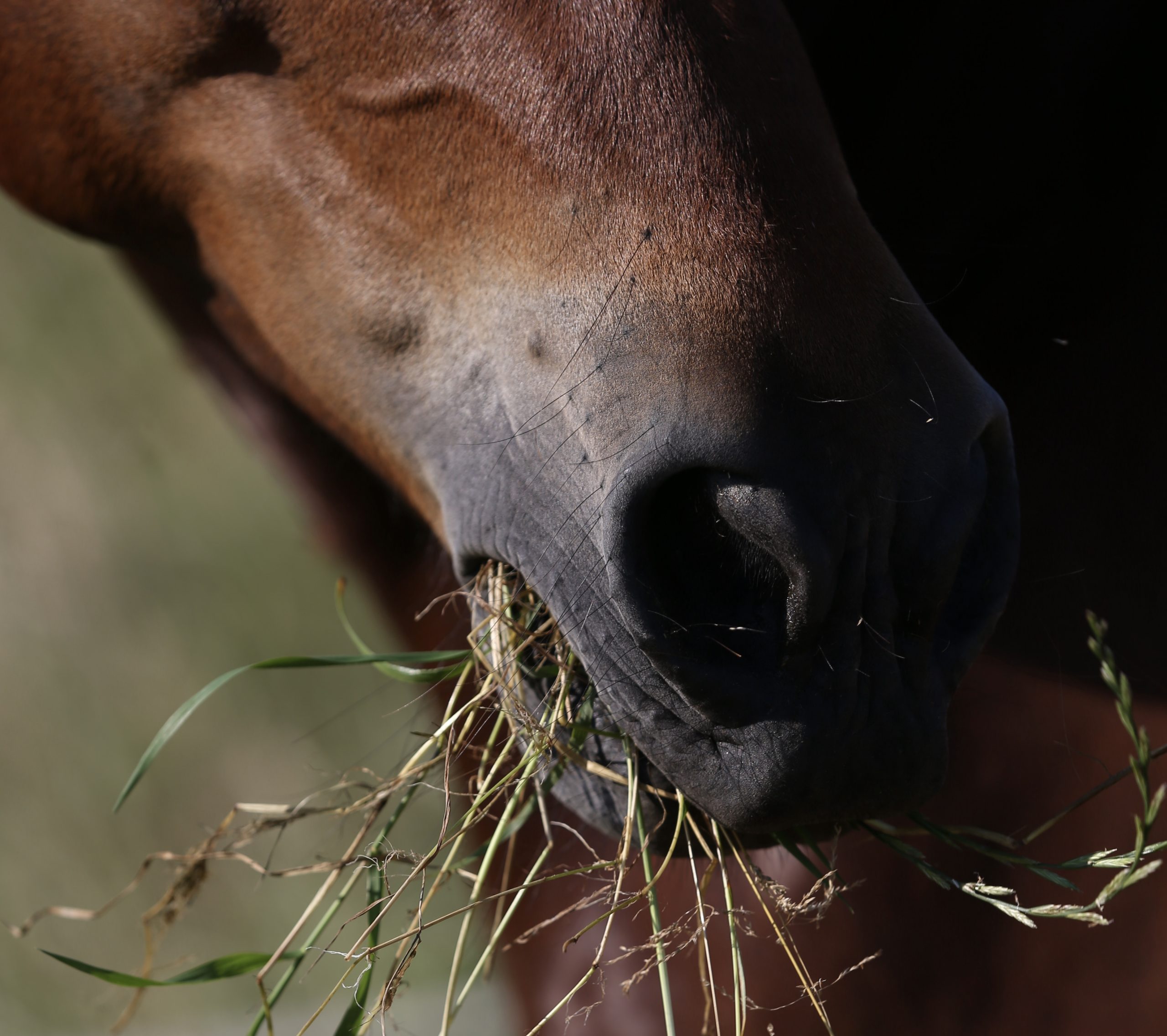A new video resource has been produced to promote the safe overtaking of horses and cyclists with mindfulness techniques.
Inappropriate overtaking is one of the key problems faced by cyclists and horse riders, which is typified by another vehicle approaching too quickly or too closely, and then passing without sufficient lateral clearance or at too high a speed. This can destabilise a bicycle and frighten a horse.
Drivers overtake too close and too fast for a number of reasons: they may not know what distances and speeds are safe to adopt when overtaking, they may be prompted by negative attitudes towards a particular group of vulnerable road users, or they may be responding to in-the-moment emotions, such as frustration or anxiety.
The videos, produced by The British Horse Society, Nottingham Trent University and Esitu Solutions, thanks to funding from The Road Safety Trust, show that mindfulness has many potential benefits for drivers including the removal of distractions, increased focus, and emotional regulation.
They cover several topics:
- The STOP technique – Stop, Take a breath, Observe why you are feeling this, and put negative thoughts aside and Proceed.
- Monitoring yourself for negative thoughts.
- An explanation of in-groups, out-groups and stereotypes, culminating in the Three Little Things technique.
- Emotion labelling – the act of verbalising your current emotion to bring it under control.
The videos are informed by a large study of more than 1,000 drivers, which asked them what they felt, thought, and how they behaved around vulnerable road users.
Spotting horses in the road ahead was most likely to lead to feelings of surprise and happiness in the drivers, whereas the strongest emotions evoked by cyclists were reported to be frustration and anxiety.
Evaluation from more than 300 drivers found attitudes towards cyclists improved after seeing the mindfulness videos, as well as a reduction in intended speeds for passing both cyclists and horse riders.
In a series of self-reflection questions, participating drivers agreed that their knowledge of how to pass cyclists/horses had improved (81% and 82%, respectively), that they will be in more control when overtaking them in the future (82% and 84%), and that they will use the mindfulness techniques when they next encounter these vulnerable road users on the road.
The videos have been turned into a four-week training intervention and will now be disseminated among a range of partners.
The videos can be accessed via YouTube.
Alan Hiscox, Director of Safety at The British Horse Society, said: “We are pleased to be working once again with The Road Safety Trust and Nottingham Trent University to continue the important work we do to improve the safety of equestrians and horses on our roads. We hope these videos will serve as an important and engaging tool that will encourage greater harmony and respect amongst all road users.”
Professor David Crundall, Nottingham Trent University, said: “Our previous research with The Road Safety Trust has demonstrated that mindfulness training can change the way people drive for the better.
This next step has required us to distil mindfulness concepts and techniques into a series of bite-sized road safety videos that we hope will have great benefits for the most vulnerable of road users.”
Ruth Purdie OBE, Chief Executive of The Road Safety Trust, said: “Close passing is a real and present danger for both horse riders and cyclists. Mindfulness training has the potential to help change that, with evaluation suggesting it has a positive effect on the attitudes and emotion of drivers towards cyclists, and that their intended future overtaking speeds have decreased.”




